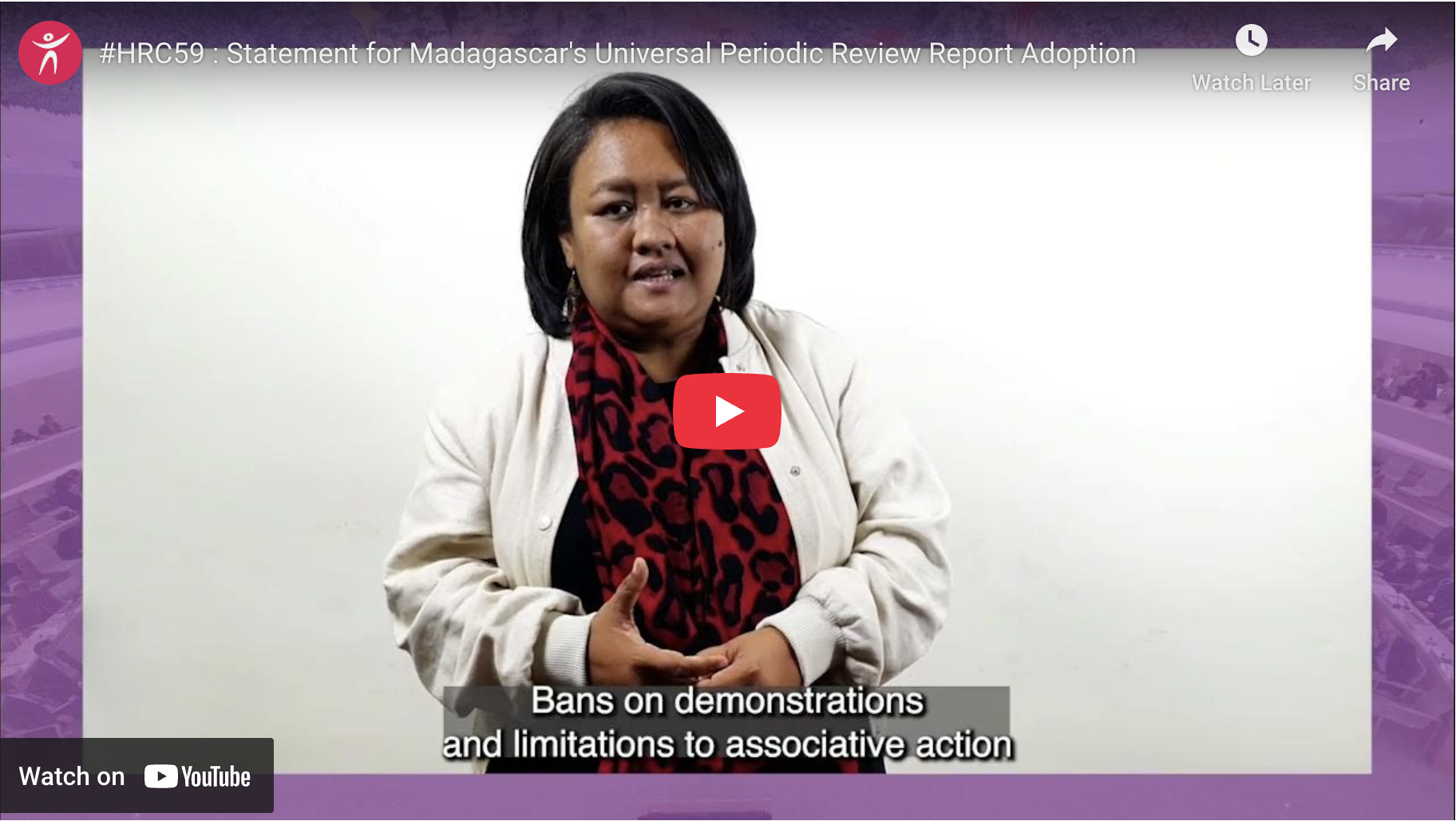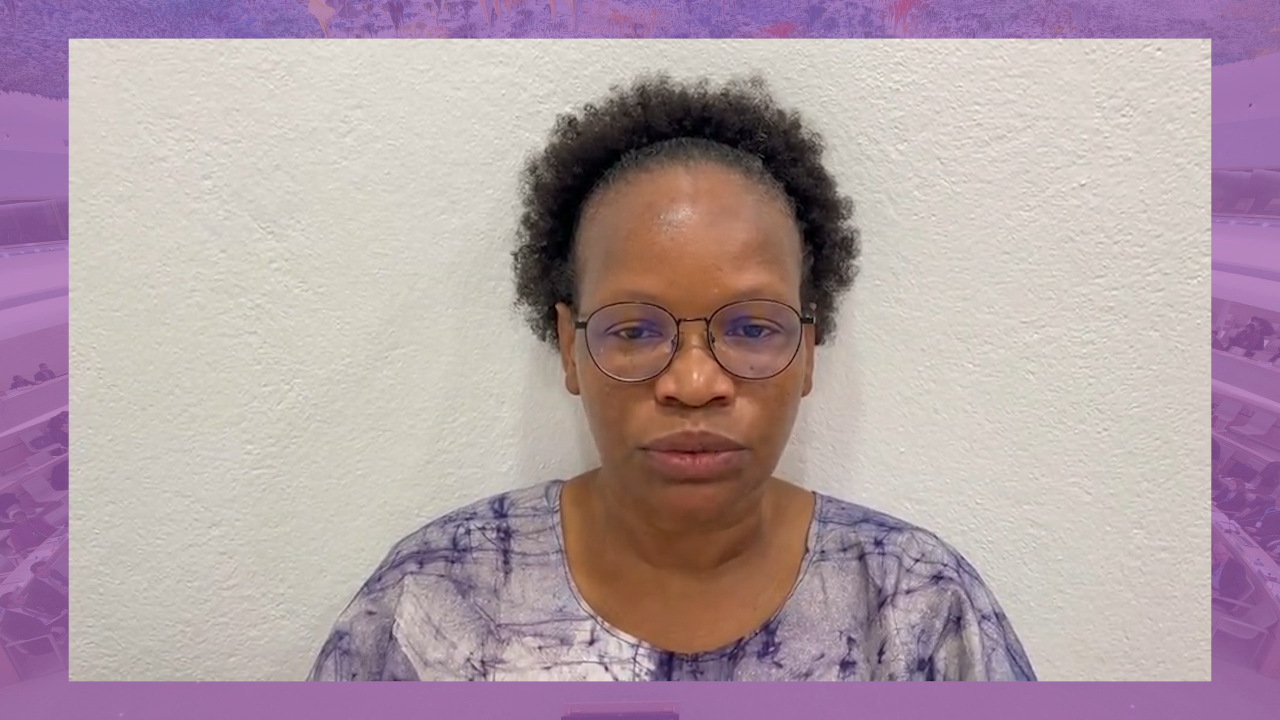On 3 December 2022, Egyptian activist Ahmed Douma entered his 10th year in arbitrary detention. The undersigned individuals, groups and organisations urge the Egyptian authorities to immediately release Douma and all those arbitrarily detained in Egypt.
Douma is an Egyptian poet, writer and activist who has been targeted due to his political activism and leading role in the 25 January 2011 revolution, as well as his vocal criticism of successive Egyptian governments. Over his prolonged years in prison and through severe restrictions, Douma has kept writing about his experiences, dreams, and aspirations in his poetry. His poetry collection “Curly” was printed and published during the 2021 Cairo International Book Fair. However, security officials forced the publishing house to take Douma’s poetry collection down.
Security forces first arrested Douma, then aged 25, on 12 January 2012 in relation to his participation in the “Cabinet Offices” sit-in. He was released after three months, but re-arrested on 3 December 2013 amid a wave of arrests after enactment of the draconian protest law (Law No. 107/2013) restricting the right to peaceful assembly. Throughout his detention he has been subjected to torture and other ill-treatment, including deliberate denial of access to medical care, and he was held in solitary confinement for four years and eight months in total for prolonged periods of time, between December 2013 until January 2020. Douma suffers from severe pain in different parts of his body as a result of being confined to his cell for more than 22 hours a day in poor prison conditions. He has knee and back pain resulting from the lack of movement and the failure to provide him with a bed, and sometimes even a mattress, in his solitary confinement cell. He also suffers from high blood pressure, insomnia, constant headaches, severe depression, and panic attacks.
In February 2015, he was convicted and sentenced to 15 years’ imprisonment in relation to his participation in anti-government protests following a grossly unfair and politically motivated trial intended to punish him for his activism. In July 2020, the Court of Cassation, Egypt’s highest court, upheld his conviction and sentence. As a result, the only avenue for him to be released is through a presidential pardon. On 26 April 2022, the Egyptian President announced “reactivating the work of the Presidential Pardon Committee”.
Douma’s family has submitted several requests for a presidential pardon, and have again renewed their call on the Egyptian President to reconsider the case and issue a presidential pardon, in particular in light of his deteriorating mental and physical health. To date, however, the Pardon Committee has not announced that it is considering Douma’s case.
In 2015, the UN Working Group on Arbitrary Detention (UNWGAD) found that Ahmed Douma’s detention was arbitrary as it stemmed solely from his peaceful exercise of his human rights, and followed criminal proceedings that failed to meet fair trial standards. The UNWGAD called for his immediate release and an enforceable right to remedy. The Egyptian authorities have disregarded these calls.
Most recently, on 24 November 2022, the European Parliament urged the Egyptian authorities to immediately release those unjustly detained in Egypt including Douma. Ahead of COP27, more than 1400 organisations, groups and individuals, including parliamentarians, from across the world called on the Egyptian authorities to immediately and unconditionally release all those held simply for exercising their human rights, and for the implementation of criteria set by local NGOs for these releases, namely, fairness, transparency, inclusiveness, and urgency.
We reiterate these calls and urge Egypt to implement them without delay.
Signatories:
Organisations and groups:
- African Centre for Democracy and Human Rights Studies
- Amnesty International
- Association for Freedom of Thought and Expression (AFTE)
- Cairo Institute for Human Rights Studies
- Center for Democracy and Human Rights in Saudi Arabia
- CIVICUS
- Committe for Justice
- Democracy for the Arab World Now ( DAWN )
- Egyptian Front for Human Rights (EFHR)
- Egyptian Human Rights Forum ( EHRF)
- Egyptian Initiative for Personal Rights (EIPR)
- EgyptWide for Human Rights
- El Nadim Center
- English PEN
- EuroMed Rights
- Friends of the Earth Scotland
- Global Justice Now
- HuMENA for Human Rights and Civic Engagement
- Instituto de Referência Negra Peregum
- Instituto Internacional de Educacao do Brasil
- International Commission of Jurists (ICJ)
- International Federation for Human Rights
- International helping for young
- International Service for Human Rights
- International Women’s Rights Action Watch Asia Pacific
- Ipswich Amnesty group
- MENA Rights Group
- PEN International
- Plataforma CIPÓ
- Project on Middle East Democracy (POMED)
- Sinai Foundation for Human Rights (SFHR)
- The Egyptian Commission for Rights and Freedoms (ECRF)
- The Freedom Initiative
- US Committee to End Political Repression in Egypt
- World Organisation Against Torture (OMCT)
See here full list of organisations and individuals’ signatories.
Download as PDF




